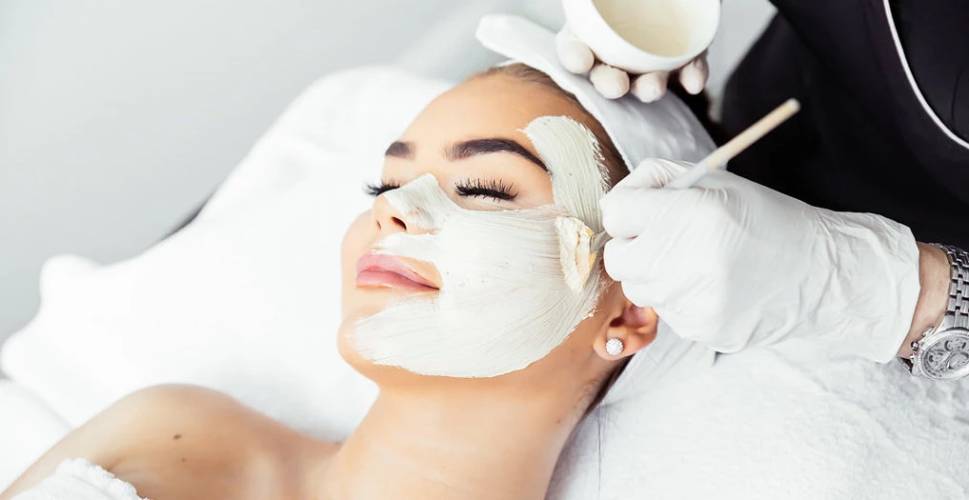Skin / Dermatology
Ask the Experts
[gravityform id=”3″ title=”false” description=”false” ajax=”false”]
Dermatology is the branch of medicine which deals with diseases of the skin, hair and nails. It is has sub specialties like cosmetic dermatology, dermatopathology, immune dermatology, Mohs surgery, Paediatric dermatology, tele dermatology and dermato epidemiology. Dermatology includes various therapies like hair transplant, hair removal, tattoo removal, phototherapy, laser therapy, tumescent liposuction, vitiligo surgery, allergy testing etc. A doctor specialised in dermatology is known as a dermatologist.
What does a dermatologist do?
A Dermatologist, commonly known as the Skin Doctor, is a physician who treats disorders of the skin, hair and nails. Skin specialists sometimes even handle cosmetic issues such as revitalizing the skin, severe acne or hair loss, dandruff, and diseases like skin cancer, dermatitis, mole surveillance and eczema. They perform surgeries like mole removal, keloid surgery, laser hair removal, laser tattoo removal, fillers etc.
When to see a dermatologist?
If the patient has severe acne or issues like skin ageing, skin damage etc. then a skin specialist doctor should be immediately consulted. Other reasons to see a dermatologist can be skin cancer, scar treatments, eczema, inflammation on the skin and fungal infection.
What are the Skin conditions & treatments provided?
- Acne: Acne can affect people with any skin type – at any age. This condition occurs when hair follicles become clogged with oil and dead skin cells, and can range from mild acne with just a few red spots to more severe acne with hundreds of painful, solid red lumps covering the face, neck, chest, back, and shoulders.
- Birthmarks: Most people are aware that birthmarks, or marks and splotches on the skin that become apparent at birth, are typically harmless. But when do birthmarks need to be treated? While some birthmarks fade or disappear with age, others can increase in size and darkness over time, which can make people feel self-conscious and affect their self-esteem. In a very limited number of cases, birthmarks occasionally need to be removed because they are growing too quickly, are growing on an internal organ, or are related to another medical condition.
- Dry Skin: Dry skin symptoms include rough, scaly patches, tightness, and itchiness, especially on the lower legs, arms, hands and elbows. For many people, dry skin can be treated with certain lifestyle changes, such as reducing the use of soaps and perfumes, taking cooler baths or showers, spending less time in hot or cold weather with low humidity levels, and applying moisturizer regularly. If your dry skin is persistent and severely itchy, it’s important to treat it because it can turn into eczema or dermatitis.
- Fungal Nail Infections: A fungal nail infection is more than unpleasant and unsightly. Left untreated, it will spread deeper into the nail and possibly to other nails, causing your nails to change color, become thicker and even crumble or break away from the skin.
- Moles: Most of the time, moles are simply spots on the skin that are a result of a cluster of pigmented cells. Over time, they may grow or become lighter or darker, particularly if exposed to the sun. If a mole has become painful, started to bleed or weep fluids, or has an uneven shape or color – or if it has recently changed in size, color or shape – you should ask your dermatologist to check it for cancerous cells. Some patients may also choose to have moles removed for cosmetic or comfort reasons, which can be accomplished easily on an outpatient basis.
- Rashes: A rash is a generic term for an inflammation of the skin. Many rashes will go away on their own, but some are indicators of chronic skin conditions or allergies. Rashes are often caused by contact with an irritant, including poisonous plants, medications, insect bites, chemicals, and certain cosmetics or soaps. A rash that is accompanied by fever or shortness of breath, that spreads to other parts of the body, or that lasts for longer than two weeks (or recurs in the same place) may be an indication of a serious skin condition, allergy, or infection, and should be evaluated by a specialist.
- Scars: Sometimes a scar can be a badge of honor or a great story, but some are inconvenient or embarrassing – and occasionally even painful. If you have scars that are noticeable, widespread (such as acne scars), large, or raised, we offer a number of methods to reduce their appearance.

 WhatsApp us
WhatsApp us